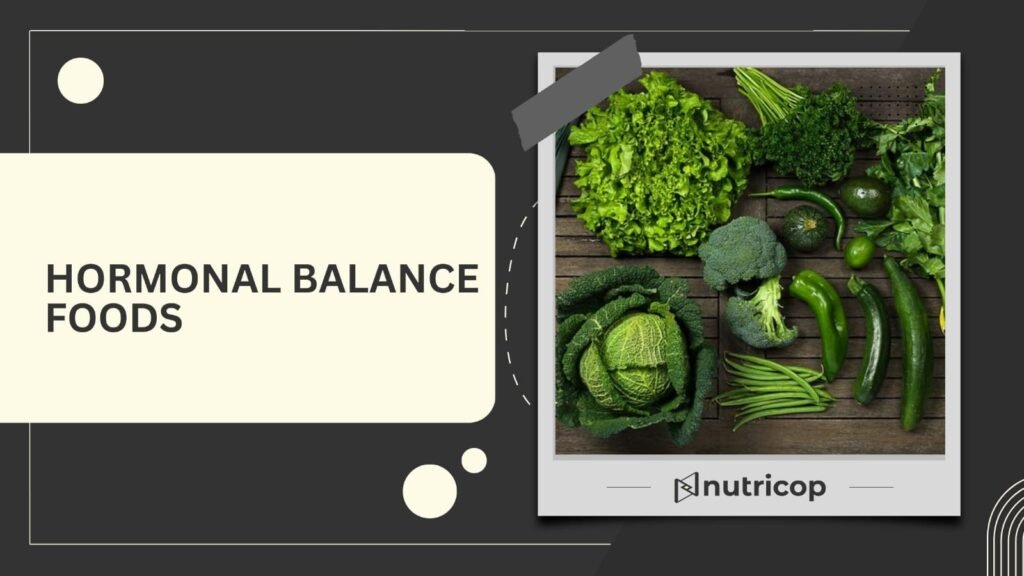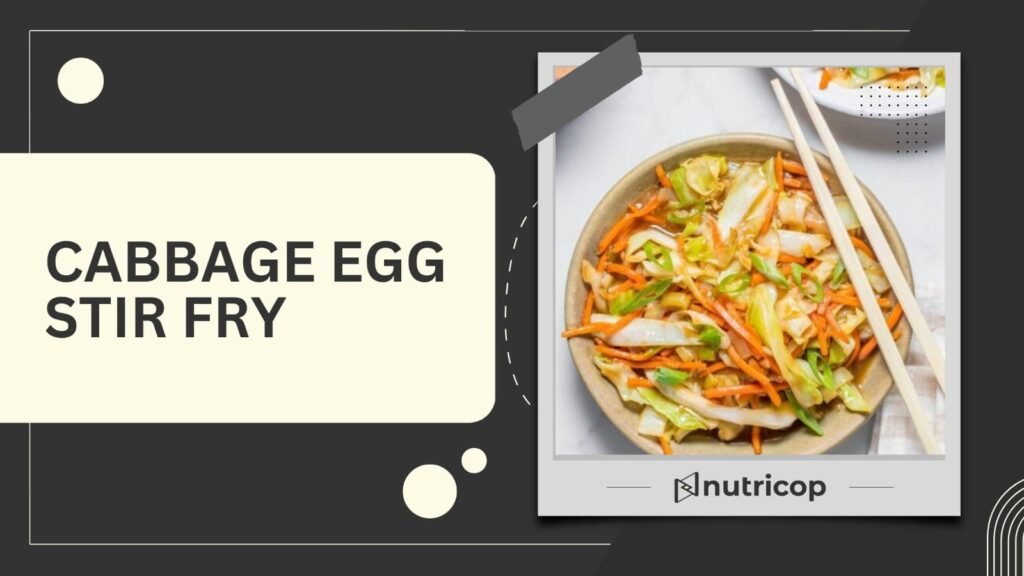Nutrient Deficiencies: The Hidden Enemies of Your Health
In today’s fast-paced world, where convenience often trumps nutrition, many of us unknowingly fall victim to nutrient deficiencies. These deficiencies might seem harmless at first, but over time, they can silently sabotage your health, leading to fatigue, weakened immunity, and even chronic diseases. Whether you’re a busy professional, a fitness enthusiast, or someone simply trying to eat healthier, understanding nutrient deficiencies is crucial for maintaining optimal health.
But what exactly are nutrient deficiencies? Why do they happen, and how can you identify and address them? In this blog, we’ll dive deep into the science behind nutrient deficiencies, explore their common causes, and provide practical tips to ensure you’re meeting your body’s nutritional needs. Let’s get started!
What Are Nutrient Deficiencies?
Nutrient deficiencies occur when the body doesn’t get enough essential vitamins, minerals, or other nutrients required for optimal function. These deficiencies can arise due to poor dietary intake, digestive disorders, chronic illnesses, or lifestyle choices. Each nutrient plays a crucial role in maintaining health—vitamins like A, C, D, and B-complex support immunity, skin health, and energy production, while minerals like iron, calcium, and zinc contribute to strong bones, oxygen transport, and wound healing. A deficiency in any of these can lead to serious health problems; for instance, a lack of vitamin D can cause weakened bones, while insufficient iron may result in anemia, leading to fatigue and weakness.
Common symptoms of nutrient deficiencies include brittle hair and nails, frequent infections, poor concentration, muscle weakness, and slow healing of wounds. Certain populations, such as pregnant women, the elderly, and those with restrictive diets, are more prone to deficiencies. To prevent them, a balanced diet rich in fruits, vegetables, whole grains, lean proteins, and healthy fats is essential. In some cases, supplementation may be necessary under medical supervision. Regular health checkups and blood tests can help detect deficiencies early, allowing for timely intervention through dietary adjustments or supplements.
Common Causes of Nutrient Deficiencies
Understanding the root causes of nutrient deficiencies is the first step toward preventing them. Rush University Medical Center also Highlights the– 6 Signs of Nutrient Deficiency Here are some of the most common reasons why people experience these deficiencies:
- Poor Dietary Choices : A diet high in processed foods, sugar, and unhealthy fats but low in fresh fruits, vegetables, and whole grains is a recipe for nutrient deficiencies.
Scientific logic: Processed foods are often stripped of essential nutrients during manufacturing, leaving you with empty calories that don’t meet your body’s needs.
- Digestive Issues : Conditions like irritable bowel syndrome (IBS), Crohn’s disease, or even chronic acidity can interfere with nutrient absorption.
Scientific fact: The small intestine is where most nutrient absorption occurs. Any disruption in its function can lead to deficiencies, even if you’re eating a balanced diet.
- Lifestyle Factors : Stress, lack of sleep, and excessive alcohol consumption can deplete your body’s nutrient stores.
Scientific logic: Chronic stress increases the production of cortisol, a hormone that can deplete nutrients like magnesium and vitamin C.
- Medications : Certain medications, such as antacids, antibiotics, and birth control pills, can interfere with nutrient absorption or increase nutrient excretion.
Example: Long-term use of antacids can lead to deficiencies in vitamin B12, calcium, and magnesium.
- Restrictive Diets : Vegan, vegetarian, or other restrictive diets can lead to deficiencies if not properly planned.
Example: Vegans are at a higher risk of vitamin B12 deficiency since this nutrient is primarily found in animal products.
Most Common Nutrient Deficiencies and Their Symptoms
Let’s take a closer look at some of the most common nutrient deficiencies, their symptoms, and how they impact your health.
- Iron Deficiency : Iron is essential for producing hemoglobin, a protein in red blood cells that carries oxygen throughout your body.
Symptoms: Fatigue, pale skin, shortness of breath, and frequent infections.
Who’s at risk? Women of childbearing age, vegetarians, and frequent blood donors.
Scientific fact: Iron deficiency is the most common nutritional disorder worldwide, affecting over 25% of the global population.
- Vitamin D Deficiency
Known as the “sunshine vitamin,” vitamin D is crucial for bone health, immune function, and mood regulation.
Symptoms: Weak bones, muscle pain, low immunity, and depression.
Who’s at risk? People with limited sun exposure, older adults, and those with darker skin.
Scientific logic: Vitamin D is synthesized in the skin through sunlight exposure. Lack of sunlight or excessive use of sunscreen can lead to deficiency.
- Vitamin B12 Deficiency
Vitamin B12 is vital for nerve function, DNA synthesis, and red blood cell production.
Symptoms: Fatigue, memory problems, numbness in hands and feet, and mood swings.
Who’s at risk? Vegans, vegetarians, and older adults.
Scientific fact: Vitamin B12 is primarily found in animal products, making it challenging for plant-based eaters to meet their requirements.
- Magnesium Deficiency
Magnesium is involved in over 300 biochemical reactions in the body, including energy production and muscle function.
Symptoms: Muscle cramps, insomnia, anxiety, and high blood pressure.
Who’s at risk? People with digestive disorders, diabetics, and those consuming a diet high in processed foods.
Scientific logic: Modern farming practices have depleted magnesium levels in soil, reducing its content in food.
- Calcium Deficiency
Calcium is essential for strong bones and teeth, as well as muscle and nerve function.
Symptoms: Brittle nails, muscle cramps, and an increased risk of fractures.
Who’s at risk? Postmenopausal women, lactose-intolerant individuals, and those with low dairy intake.
Scientific fact: Calcium absorption decreases with age, making older adults more prone to deficiency.
How to Prevent and Address Nutrient Deficiencies
The good news is that nutrient deficiencies are preventable and often reversible with the right approach. Here are some practical tips:
- Eat a Balanced Diet
Focus on whole, nutrient-dense foods like fruits, vegetables, whole grains, lean proteins, and healthy fats.
Pro tip: Include a variety of colorful fruits and vegetables in your diet to ensure you’re getting a wide range of vitamins and minerals.
- Consider Supplements
If you’re at risk of a specific deficiency, supplements can help bridge the gap.
Example: Vitamin D supplements are often recommended for people with limited sun exposure.
- Get Regular Check-Ups
Blood tests can help identify deficiencies early, allowing you to take corrective action.
Pro tip: Ask your doctor for a comprehensive nutrient panel during your annual check-up.
- Address Underlying Health Issues
If you have a digestive disorder or other health condition, work with a healthcare professional to manage it effectively.
Example: People with celiac disease may need to avoid gluten to improve nutrient absorption.
- Practice Mindful Eating
Chew your food thoroughly and eat in a calm environment to enhance digestion and nutrient absorption.
Scientific logic: Proper chewing breaks down food into smaller particles, making it easier for your body to extract nutrients.
Conclusion
Nutrient deficiencies are more common than you might think, and they can have a profound impact on your health and well-being. By understanding the causes, symptoms, and solutions, you can take proactive steps to ensure your body gets the nutrients it needs to thrive.
Remember, small changes in your diet and lifestyle can make a big difference. Start by incorporating more whole, nutrient-rich foods into your meals, and don’t hesitate to seek professional guidance if you suspect a deficiency. Your body is your most valuable asset—nourish it well!
Stay tuned to Nutricop for expert nutrition guidance and personalized meal plans! Start your journey to a healthier, happier you today—get your custom meal plan now at Nutricop’s Diet Plans! Contact us.








